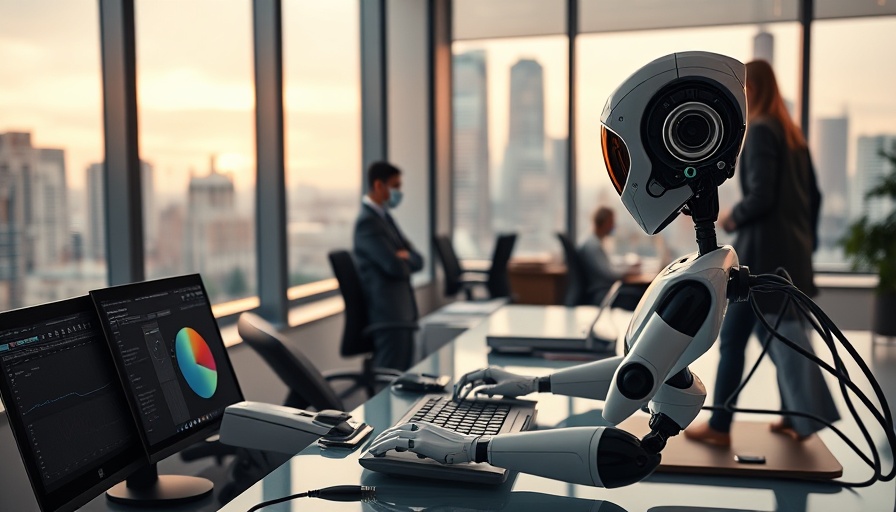
Assessing the Shift: Are CEOs Favoring AI Over Human Talent?
In an era where technology continues to evolve at lightning speed, the workplace landscape is undergoing a monumental transformation. Recent discussions have indicated a growing trend among CEOs who increasingly favor artificial intelligence (AI) solutions over traditional human labor. This shift, while promising in terms of efficiency and productivity, raises profound questions about job security and the future of the workforce.
Historical Context: The Rise of AI in the Workplace
The integration of AI into business models is not a new concept. Companies have been experimenting with automation for decades, but the significant advancements in machine learning and data analytics have accelerated this trend. Historical data suggests that during the early stages of automation, workers often transitioned into new roles. However, the current wave of AI development poses a distinct challenge as the potential for replacing human roles becomes more realistic and widespread.
The Human Element: Why Job Security Matters
For many people, the prospect of job instability due to the rise of AI solutions can be daunting. Employee morale and mental health can be adversely affected if individuals fear losing their livelihoods to machines. There is a growing need for companies to address these concerns with transparency and strategic workforce planning that balances technology with the human touch.
Parallel Examples: A Global Perspective
Countries across the globe are grappling with similar issues. In Japan, for instance, the government has advocated for a "Society 5.0" where AI enhances human capabilities rather than replaces them. This example shows that while the deployment of AI can streamline operations, there’s a consensus that these technologies should augment human potential rather than diminish it. Such measures can pave the way for more collaborative work environments.
The Future of Work: Predictions and Opportunities
Looking ahead, the conversation must shift from fearing AI-induced job losses to embracing the opportunities that new technologies can create. As jobs evolve, there will likely be an increased demand for skills that remain uniquely human—like creativity, emotional intelligence, and critical thinking. Workers are encouraged to focus on acquiring these skills to remain competitive in the redefined job market.
Actionable Insights: How To Navigate This Shift
Embracing ongoing education and skill development is paramount for workers looking to thrive in a tech-heavy landscape. Platforms offering online courses or community workshops can empower individuals to stay updated and adaptable. Networking with industry experts and exploring interdisciplinary roles can also provide a wider perspective, enhancing one’s employability in an increasingly automated environment.
The integration of AI into the workplace is undeniably changing the fabric of our jobs. It’s not merely about replacing humans but about reimagining our capabilities alongside technological advancements. By focusing on growth and collaboration, we can pave the way toward a future where both machines and people work hand-in-hand.
With all these transitions, it's essential to stay informed and flexible. Visit Prompt2Human to explore innovative tools that can help you adapt to the evolving job market.
 Add Row
Add Row  Add
Add 




 Add Row
Add Row  Add
Add 

Write A Comment